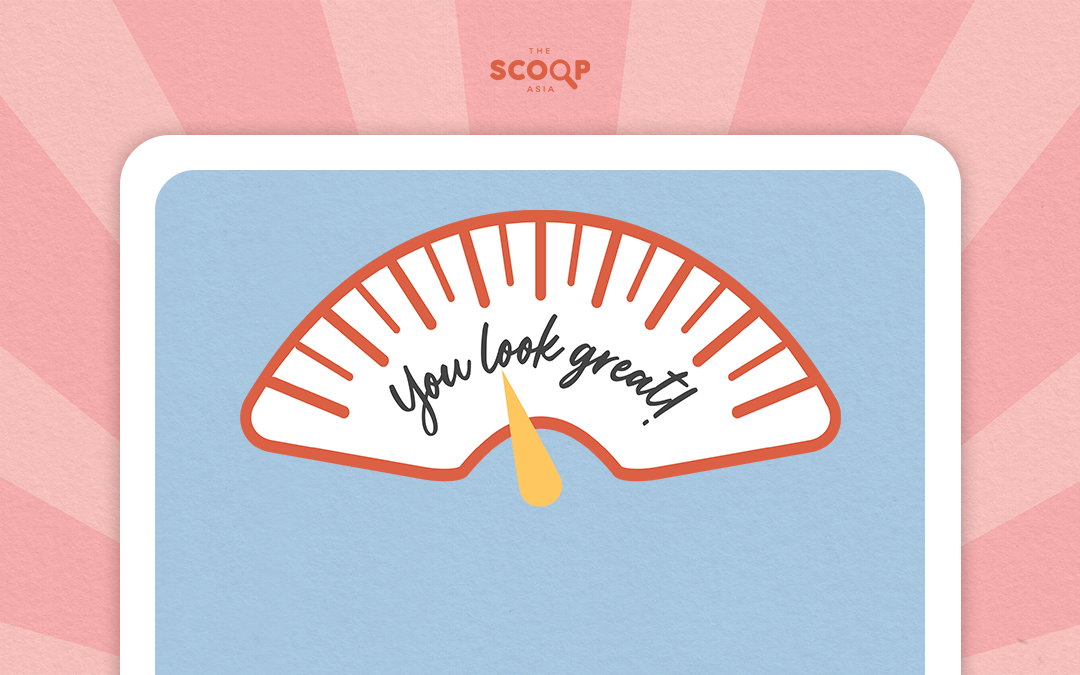[Trigger Warning: Mental Illness]
“Uy, pumayat ka!” feels so good to hear! I mean, it is an automatic compliment after all—isn’t it?
We as a society have been complimenting people who have lost weight and constantly encourage them to continue, however, when we do this, we don’t always realize that we probably have no clue if they’ve been successfully losing weight, or if it was a deeper struggle than we thought.
Let’s get real: For the longest time now, there’s always been a certain “physique” that women felt the need to live up to growing up. From Supermodels to Barbie dolls, and even to the cartoon characters we see on television, it was a constant reminder that society has a fixed vision of what beauty really is.
However, after years of women fighting for a better change in the world, body positivity suddenly (and finally) became a subject people would talk about. “Love yourself!” “You’re beautiful just the way you are!”
So why is the “Uy! Pumayat ka!” an automatic compliment?
Let’s dive into this scientifically for a second: there are several things that lead to weight loss—a healthy diet, a consistent workout routine, natural herbs that help speed up your metabolism, but we’re forgetting another important cause: illnesses.
Several illnesses cause unexplained weight loss such as viral infections, cancer, bowel diseases, and of course, the illnesses we can’t see—mental illnesses. Depression, anxiety, anorexia, and bulimia all cause weight loss and it’s time we keep this in mind.
Receiving a compliment about your weight loss when you’ve been working hard to stay healthy will always be a great feeling. I myself have experienced thriving on overflowing compliments when I was starting to lose weight in the past; but here’s the thing: not everybody knows the struggle and not everybody struggles the same way.
Throwing a seemingly-harmless compliment will always feel like a positive thing to do, but the truth is, we might just be encouraging an unhealthy behavior we know nothing about, and being aware of this is a crucial step in giving people the help they’re too afraid to ask for. In the last two years, eating disorder hospital admissions went up by 37%.
By all means, encourage your loved ones and everybody else around you to stay healthy! After all, we only have one body, and our body is a temple; we must take care of it. Your friend stuck to her month-long workout plan to stay moving for at least 30 minutes a day: congratulate her! Encourage her!
But make sure she’s okay.
Always make sure people are okay.
As often as it’s said, I believe it’s never too often to remind people that we never know what happens behind closed doors.
We’re humans; we struggle, and that’s okay. It’s how we help ourselves and the people around us that truly matters.



